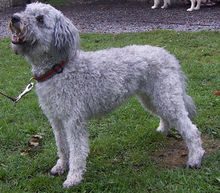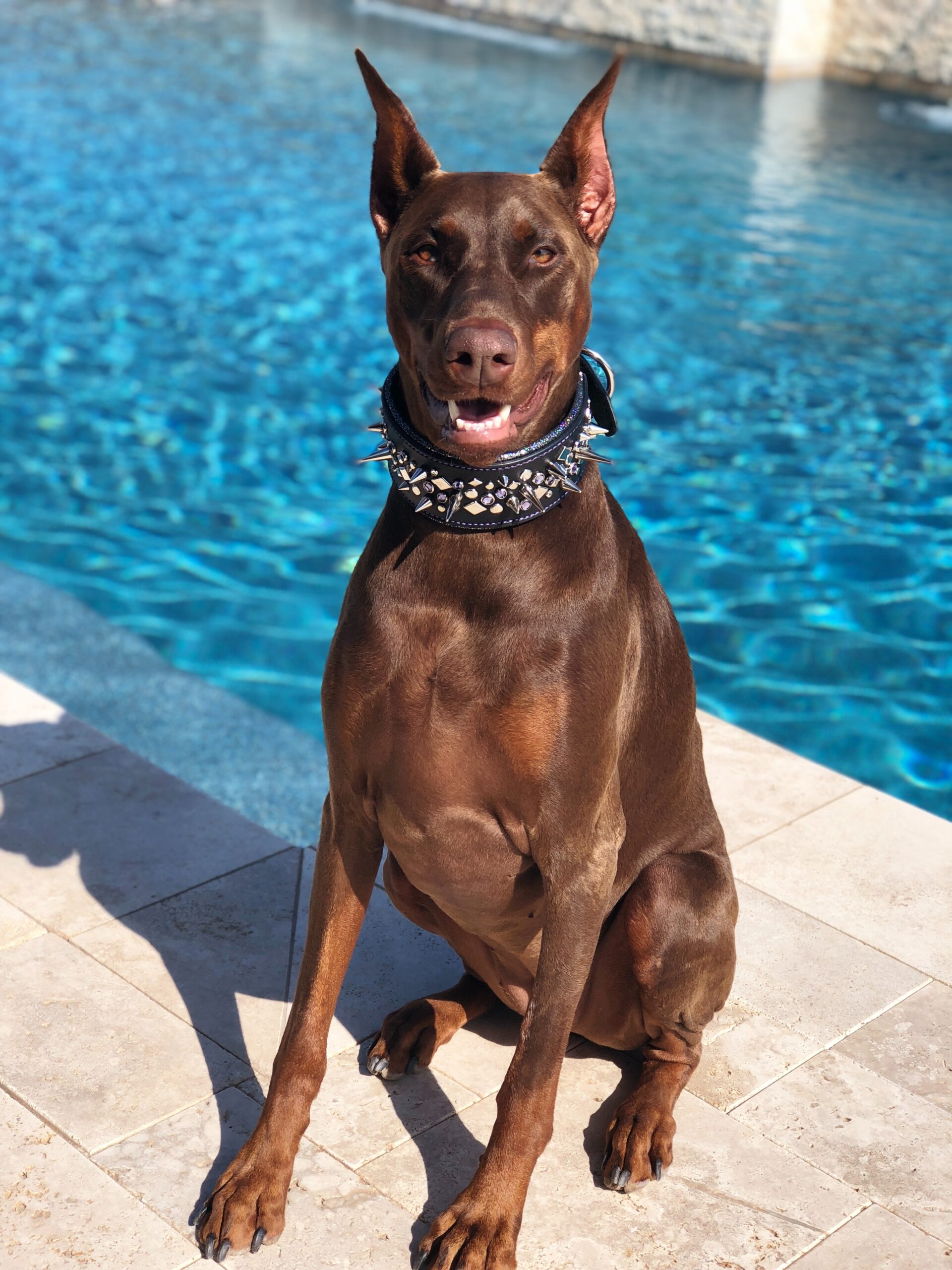
The German Shepherd Dog, also known as the Alsatian in some regions, is a versatile and highly intelligent breed that has garnered immense popularity. Originating in Germany, these dogs were initially bred for herding purposes due to their remarkable intelligence and trainability. Beyond herding, their exceptional skills have led them to excel in roles such as police work, search and rescue, and service assistance. Renowned for their large and strong build, German Shepherds showcase a balanced blend of strength and agility. With a loyal and protective nature, the GSD makes an excellent family companion and watchdog. Their distinctive appearance, characterized by a dense double coat and erect ears, complements their confident and alert personality. The German Shepherd’s combination of physical prowess and unwavering loyalty has made them an enduring favorite among dog enthusiasts worldwide.
The German Shepherd Dog is a member of the AKC Herding Group.
Breed Characteristics
| Dog Breed | German Shepherd Dog |
| Breed Popularity (AKC) | 4 |
| Country of Origin | Germany |
| Personality | Alert/Responsive |
| Life Expectancy | 7-10 yrs |
| Height | 22-26 in |
| Weight | 50-90 lbs |
| Color | Black, Tan |
| Coat | Double coat |
| Shedding | Regularly |
| Grooming | Weekly Brushing |
| Health Problems | Hip dysplasia |
| Trainability | Eager to Please |
| Exercise Needs | Regular Exercise |
German Shepherd Dog History
The German Shepherd Dog, commonly known as the Alsatian in the UK, originated in Germany in the late 19th century. Captain Max von Stephanitz is credited with developing the breed by selecting local sheepherding and farm dogs from various districts. He aimed to produce a versatile, intelligent, and hard-working dog. The breed was later refined and recognized as a distinct breed in 1899. Over time, the German Shepherd has been crossbred with other breeds to enhance specific attributes.
Temperament
German Shepherd Dogs are known for their protective and sometimes dominant behavior. They are exceptionally intelligent, which influences their high trainability and adaptability. Socialization is crucial from an early age to manage their reactivity and potential aggressiveness. With a robust energy level, they are often used in working roles, such as police or service dogs. Their loyalty is unmatched, making them both affectionate towards their families and potentially wary of strangers. They have a moderate tolerance to solitude and exhibit minimal barking tendencies unless alerted.
Remember, while breed traits provide a general idea, individual dogs can have personalities that differ from the breed standard. Always spend time getting to know the dog and ensure their needs and temperament align with your lifestyle.
Grooming Requirements
German Shepherds have a dense, medium-length fur that sheds year-round. Regular brushing, ideally daily, can help in reducing the amount of loose fur around the home. When bathing, it’s crucial to use a good dog shampoo that doesn’t strip their coat of essential oils. Regular grooming routines like nail trimming and checking their ears are essential, given their active nature.
German Shepherd Dog Health
German Shepherds have a lifespan of 9-13 years. They are often susceptible to hip and elbow dysplasia. Degenerative myelopathy, a spinal cord disease, is also a known concern. Regular vaccinations and flea prevention are essential. Their diet should be rich in nutrients, tailored to their energy needs, and treats should be given in moderation.
Exercise Needs
German Shepherds are highly intelligent and active dogs. Regular exercise, including long walks and playtime, is paramount for their well-being. Their alertness and agility make them suitable for agility training, providing both physical activity and mental stimulation. Bonding with their owners is essential, and structured playtimes, especially in dog parks, can be beneficial.
Training
Known for their loyalty and intelligence, German Shepherd Dogs respond well to structured obedience training. They’re quick learners, but without proper training, they can develop behavior problems. Early potty training, complemented by crate training, sets a firm foundation. Their protective nature means that early socialization is vital, helping them differentiate between perceived threats and benign situations. Commands should be consistent, given their keen sense of duty and desire to protect
German Shepherd Dog Pictures
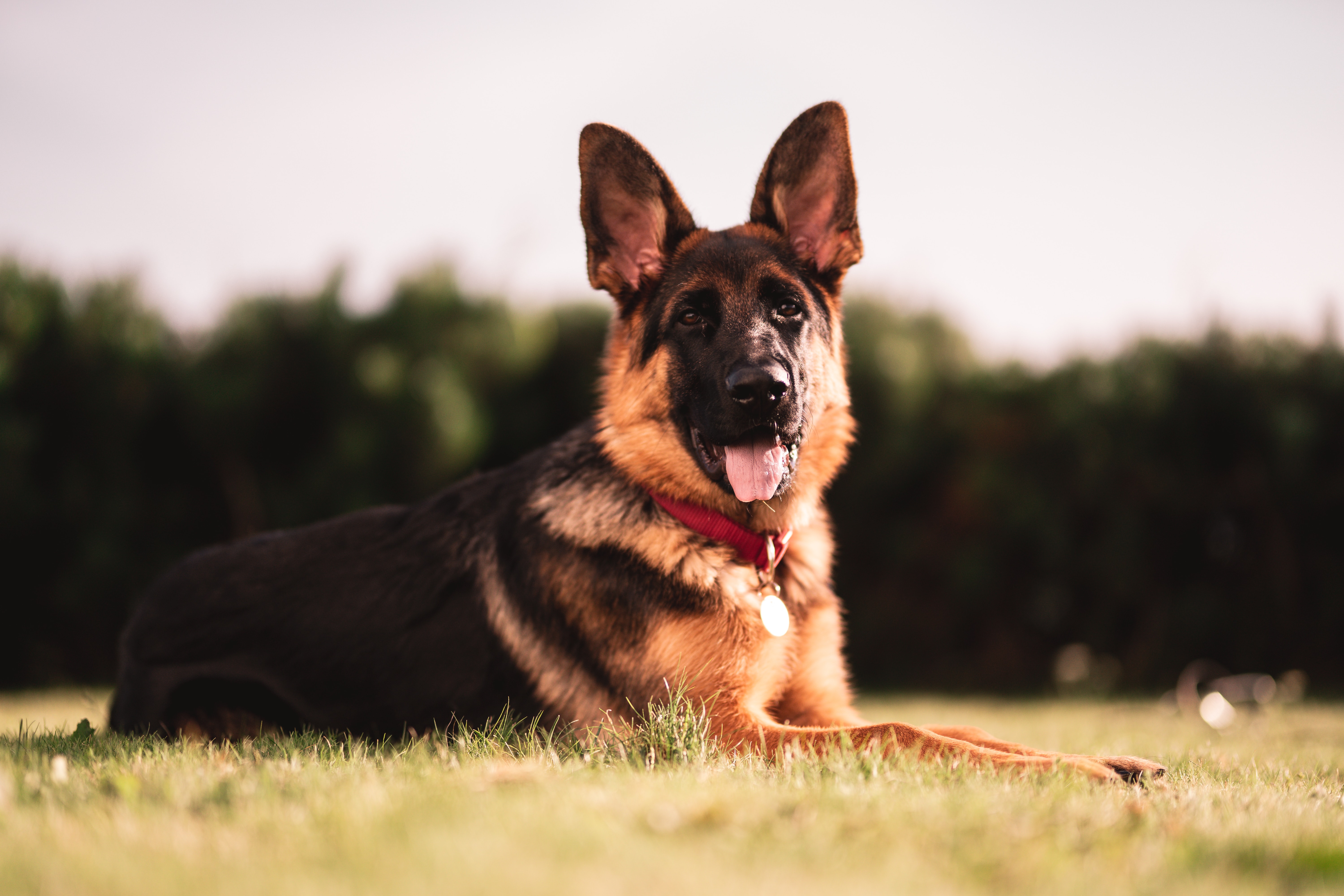
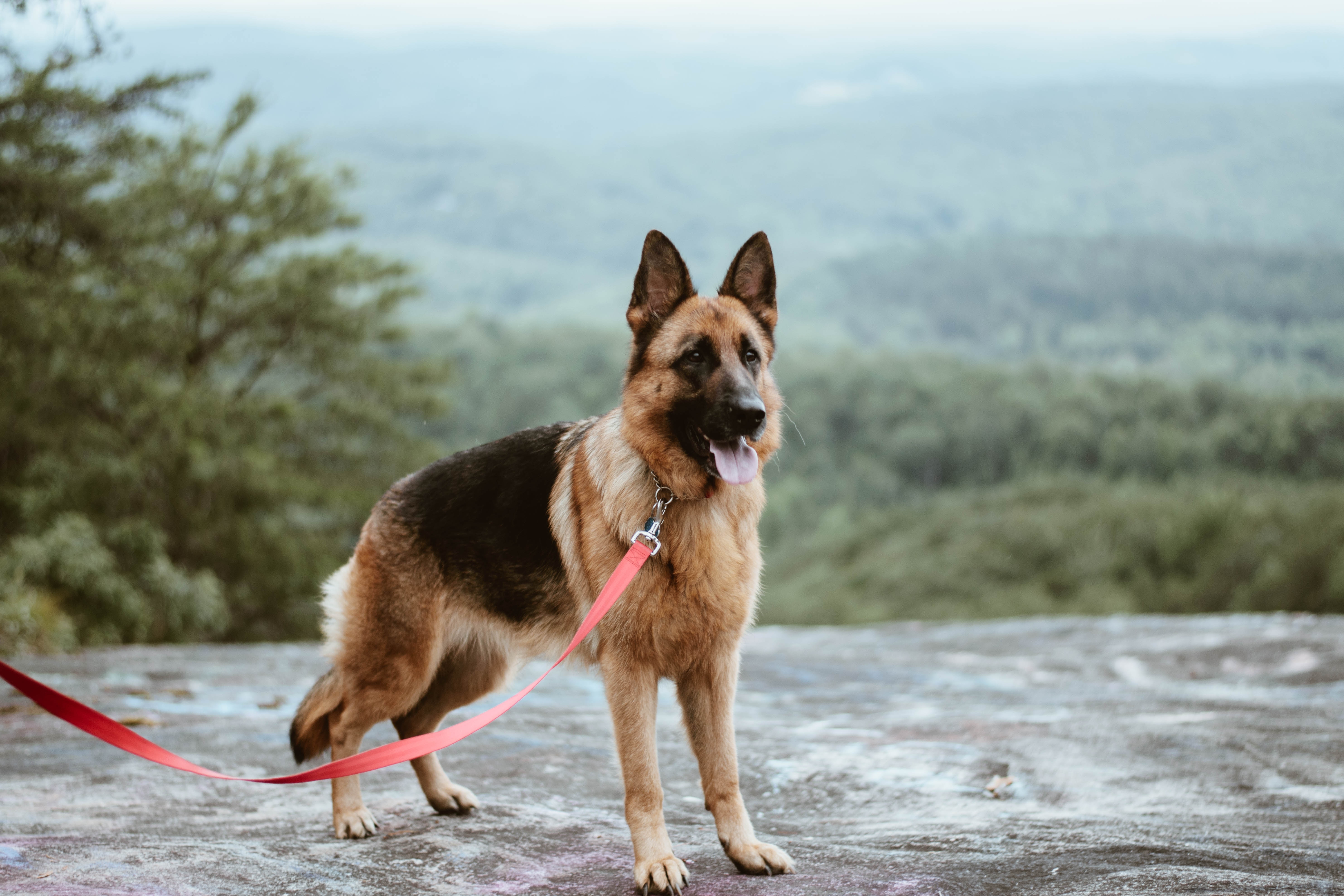
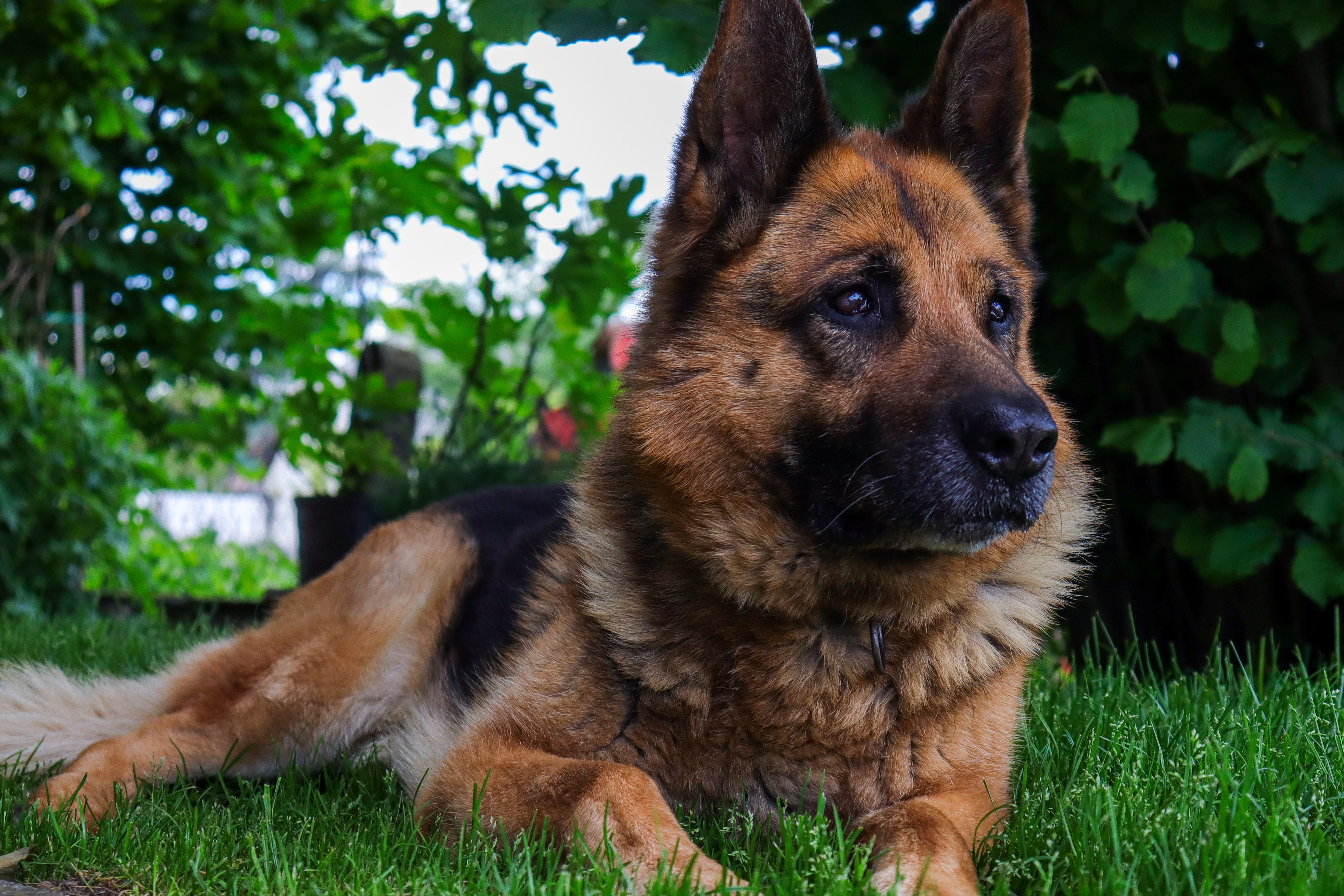
Related Dog Breeds
More Dog Resources
Are you thinking about getting a puppy? Make sure to check out our list of important questions to ask before you adopt a puppy.
We also have many resources to help, from naming your puppy to socialization resources and training tips.
Take me back to the Ultimate Guide to Dog Breeds

